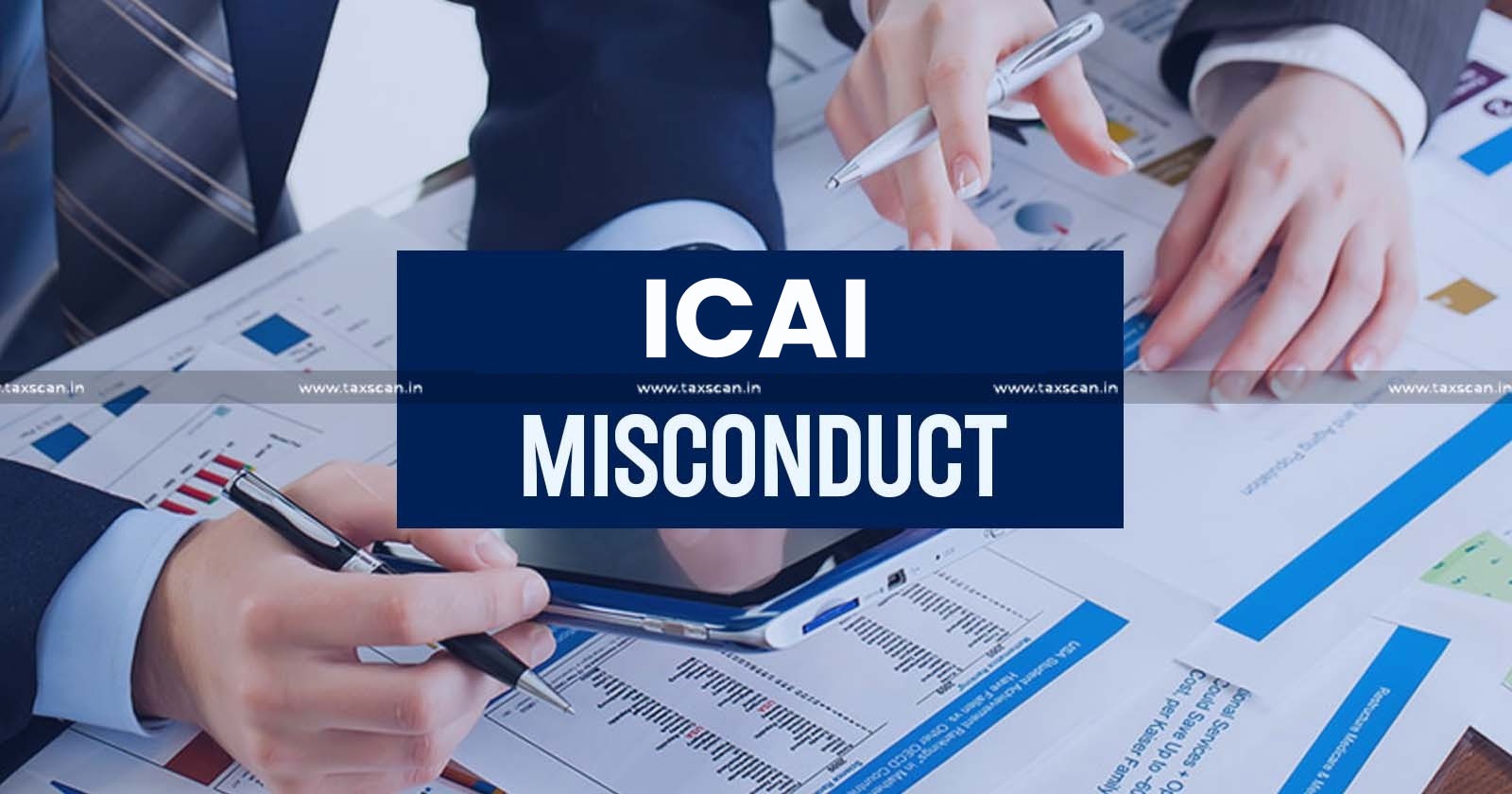L.N. Mittal, J.@mdashPlaintiff has approached this Court by way of instant revision petition filed under Article 227 of the Constitution of India impugning order dated 27.08.2013 (Annexure P- 6) passed by the trial Court thereby allowing application (Annexure P- 4) filed by the defendants for amendment of their written statement (Annexure P- 2). Plaintiff-petitioner has filed suit vide plaint (Annexure P- 1) for permanent injunction alleging that plaintiff is in possession of the suit property and the defendants threatened to interfere in possession thereof.
2. Defendants in their written statement (Annexure P- 2) inter alia pleaded that a school is running in the disputed building.
3. Defendants in their amendment application (Annexure P- 4) alleged that in paragraph 6 on merits of the written statement, it was inadvertently mentioned that the answering defendants are not in possession of the building whereas it was to be stated that the plaintiff is not in possession of the building. Accordingly, amendment in this regard was sought to be made.
4. Plaintiff, by filing reply (Annexure P- 5), opposed the amendment application and controverted the averments made therein.
5. Learned trial Court has allowed the proposed amendment of written statement, subject to payment of Rs. 1,000/- as costs. Feeling aggrieved, plaintiff has filed this revision petition.
6. I have heard counsel for the petitioner and perused the case file.
7. Counsel for the petitioner vehemently contended that amendment of written statement could not be allowed to withdraw admission made in the original written statement. The contention is misconceived and cannot be accepted in the facts and circumstances of the instant case. The defendants even in their original written statement (Annexure P- 2) have nowhere admitted possession of the plaintiff over the suit property. Therefore, the question of withdrawing any admission made in the original written statement, by amendment thereof, does not arise. On the contrary, even in the original written statement, it has been mentioned that a school is being run in the disputed building. A bare reading of the entire written statement makes it clear that the defendant had categorically denied the possession of the plaintiff over the suit property. It is also apparent that the aforesaid amendment has been necessitated by clerical or typographical error only. Consequently, the same has been rightly allowed by payment of costs to compensate the plaintiff. Here it is significant to notice that amendment of written statement has been sought at the initial stage of the suit, even before framing of issues. Law of amendment of pleadings is quite liberal. It is more liberal in case of amendment of written statement than amendment of plaint. Liberal approach regarding amendment of pleadings has been curtailed by amendment of Order 6 Rule 17 of the CPC if the amendment is sought after commencement of trial. In the instant case, however, amendment of written statement has been sought before commencement of trial and therefore, the said amendment has been rightly allowed by the trial Court.
8. For the reasons aforesaid, I find no perversity, illegality or jurisdictional error in impugned order of the trial Court so as to call for interference by this Court in exercise of supervisory jurisdiction under Article 227 of the Constitution of India. The revision petition lacks any merit and is accordingly dismissed in limine.

